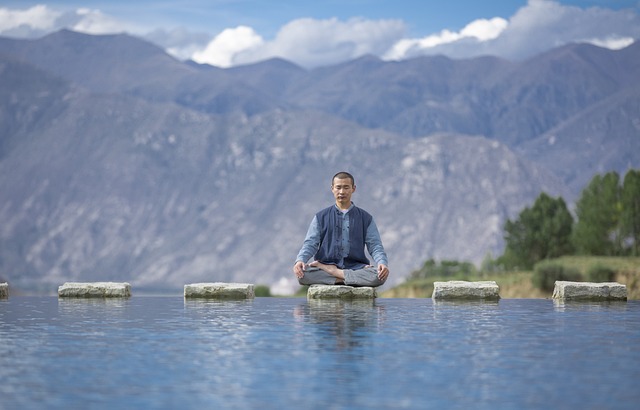In today’s fast-paced and stress-filled world, more people are turning to travel not just for leisure, but for healing. “Travel as therapy” is becoming a popular approach to mental wellness, and for good reason. Whether it's the calming sound of ocean waves, the inspiring views from a mountaintop, or the thrill of discovering a new culture, travel can do wonders for your emotional and psychological health.
The Science Behind Travel and Mental Wellness
Traveling triggers the release of feel-good chemicals like dopamine and serotonin. These are the same neurotransmitters associated with happiness and relaxation. When you explore new environments, your brain forms new neural connections, which can boost cognitive flexibility and creativity. Stepping away from daily routines also helps break the cycle of stress and anxiety, giving your mind a much-needed reset.
Moreover, studies have shown that people who take vacations regularly experience lower stress levels, reduced risk of depression, and even better heart health. It’s not just about escaping – it’s about restoring balance.
Escaping the Rut of Routine
One of the most therapeutic aspects of travel is its ability to pull you out of your everyday routine. Daily life, while familiar, can often become monotonous or overwhelming. Work stress, personal responsibilities, and digital overload can leave you feeling drained and disconnected. Traveling allows you to break free from this cycle and rediscover yourself in a new environment.
Venturing beyond your comfort zone into unfamiliar territory broadens your outlook and changes the way you see the world. Suddenly, your problems don't seem as large, and you gain clarity. You start to live in the moment, appreciating the small joys around you – a beautiful sunset, a delicious meal, or a friendly conversation with a local.
Cultural Exposure and Emotional Growth
Exploring new destinations introduces you to a rich tapestry of cultures, languages, and lifestyles. This not only broadens your understanding of the world but also deepens your empathy and emotional intelligence. You begin to appreciate differences and see commonalities in humanity, which can be incredibly grounding and healing.
Engaging with different cultures teaches patience, tolerance, and gratitude. It reminds you that your way of life is just one of many, and that life’s beauty often lies in its diversity.
Nature’s Healing Power
There’s something incredibly calming about being in nature. Whether it’s hiking in the mountains, swimming in the sea, or wandering through a forest, natural settings have a unique way of soothing the soul. Studies have shown that immersing yourself in natural environments helps lower cortisol, the primary hormone linked to stress.
Many travelers find peace in places where they can disconnect from screens and reconnect with the earth. These moments allow for reflection, meditation, and a sense of oneness that can be deeply therapeutic.
Solo Travel: A Journey Within
Solo travel is especially powerful when used as a form of therapy. When you're alone in a new place, you’re forced to rely on yourself, make decisions, and face challenges independently. This builds confidence, self-awareness, and resilience.
It’s not about being alone – it’s about being with yourself. Solo travel gives you space to think, heal, and grow without external noise. Many people find that they return from solo trips not only refreshed, but transformed.
Final Thoughts: Travel for the Soul
Travel isn’t a magical cure for all mental struggles, but it’s a powerful tool in promoting emotional well-being. Whether you're dealing with burnout, grief, or simply feeling stuck, exploring the world can offer a new perspective and a renewed sense of purpose.
So the next time you feel overwhelmed, consider packing your bags. You’re not just going on a trip – you’re giving your mind and soul the therapy they deserve.

